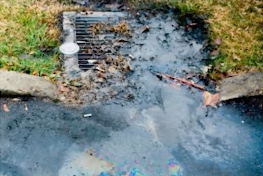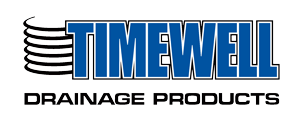Each year, cities across the nation face more frequent and intense storms. New stormwater infrastructure, particularly green infrastructure, will be critical for many communities to remain resilient against the threats of climate change. Excess stormwater has resulted in water quality degradation of our river systems and economic burdens to communities across Cook County, Illinois and in our region these effects are often disproportionally experienced in lower-income or communities of color. People, ecosystems and even industries extending from Lake Michigan to the Mississippi have all been impacted in some form by urban stormwater problems and this represents both a challenge and opportunity for our region.
In Spring 2020, the stormwater utility in Cook County, Metropolitan Water Reclamation District (MWRD), amended their Watershed Management Ordinance, creating an alternative compliance pathway that was intended to help accelerate the construction of new stormwater infrastructure while encouraging development in our region. This amendment also initiated an innovative pilot to explore how offsite compliance can be used to improve the distribution and equity of natural infrastructure in the most flood vulnerable areas. Through this 5-year pilot, developers in two watersheds served by MWRD, the Little Calumet and Lower Des Plaines, now have fewer barriers to meet their stormwater permit requirements and can utilize offsite storage facilities. This change was the first step toward creating a stormwater credit trading market, StormStore, which is being designed and managed by The Nature Conservancy (TNC) and Metropolitan Planning Council (MCP).
StormStore represents an emerging market-based approach to stormwater management that is intended to encourage private, voluntary investment in stormwater infrastructure across our region and will hopefully result in more thoughtful and strategic placement of natural infrastructure in those communities that need it most. Both StormStore and the MWRD WMO updates are being modeled on similar stormwater credit trading marketplaces across the country, like the Stormwater Retention Credit (SRC) marketplace in Washington DC, which have successfully helped stormwater utilities meet their management goals. TNC has extensive experience building green infrastructure projects to generate credits for that market. This 5-year pilot gives TNC and MPC time to study and establish the conditions that will encourage trading and set-up the marketplace for success. TNC and MPC are working to identify what we hope will be the first projects to take advantage of this new opportunity and demonstrate the economic and environmental benefits that stormwater trading has to offer.
About Instructors






